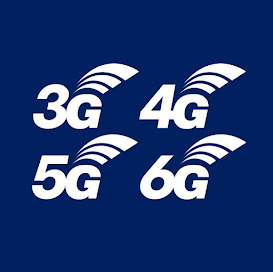A recent report in Light Reading mentioned about using Twitter for planning of Small Cells network. In fact for quite a while, a UK based company, Keima has been using this technique to help plan small cells deployments in the US. I used some of their research in my presentation in the Optimisation conference; see here.
A map using the Keima tool showing the activity on the Social Networks for London is as follows.
It would be very interesting to see the above during olympics.
If you are interested in learning more about the tool see Keima's presentation from MWC here and their video here.
Keima’s Simon Chapman will be presenting to the Cambridge Wireless Small Cells SIG event on 3rd October on the topic "Deploying bigger numbers of smaller cells". Here is a summary of things going to be discussed by them:
We discuss how "small cells" are a natural evolution of network design principles started with A.H. Ring in 1947. We discuss the practical consequences of managing interference while rolling out more cells in the next few years than all the previous deployments put together.
We consider processes for achieving cost-effective, spectrally efficient network capacity and establish the most influential: the location of small cells. Given the importance of location we demonstrate mechanisms for identifying demand hotspots using publicly available datasets and show that this knowledge alone has a significant impact on the eventual network capacity.
Finally, as we look at the immediate areas in and around demand hotspots, we discuss the associated issues of selecting thousands of utility poles or building-side mountings; of managing wired or wireless backhauling; of lowering latency; of repurposing the macro
To register for the event please click here.
A map using the Keima tool showing the activity on the Social Networks for London is as follows.
It would be very interesting to see the above during olympics.
If you are interested in learning more about the tool see Keima's presentation from MWC here and their video here.
Keima’s Simon Chapman will be presenting to the Cambridge Wireless Small Cells SIG event on 3rd October on the topic "Deploying bigger numbers of smaller cells". Here is a summary of things going to be discussed by them:
Small Cell Planning from 3G4G
We discuss how "small cells" are a natural evolution of network design principles started with A.H. Ring in 1947. We discuss the practical consequences of managing interference while rolling out more cells in the next few years than all the previous deployments put together.
We consider processes for achieving cost-effective, spectrally efficient network capacity and establish the most influential: the location of small cells. Given the importance of location we demonstrate mechanisms for identifying demand hotspots using publicly available datasets and show that this knowledge alone has a significant impact on the eventual network capacity.
Finally, as we look at the immediate areas in and around demand hotspots, we discuss the associated issues of selecting thousands of utility poles or building-side mountings; of managing wired or wireless backhauling; of lowering latency; of repurposing the macro
To register for the event please click here.





















